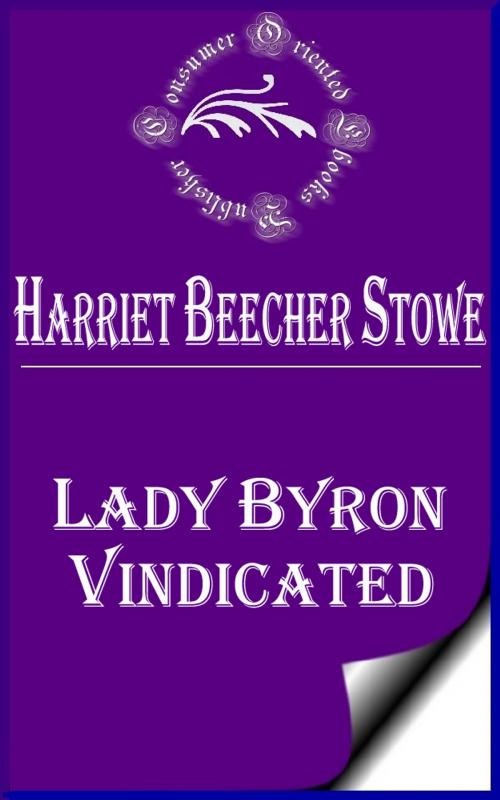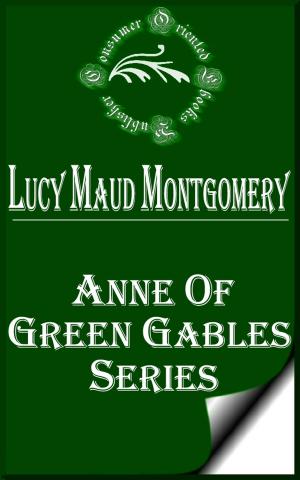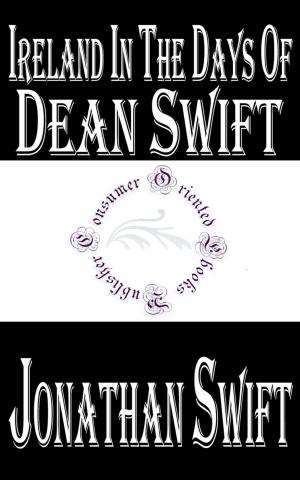Lady Byron Vindicated
Nonfiction, Social & Cultural Studies, Social Science, Gender Studies, Feminism & Feminist Theory, Women&, Biography & Memoir, Historical| Author: | Harriet Beecher Stowe | ISBN: | 1230000244402 |
| Publisher: | Consumer Oriented Ebooks Publisher | Publication: | June 3, 2014 |
| Imprint: | Language: | English |
| Author: | Harriet Beecher Stowe |
| ISBN: | 1230000244402 |
| Publisher: | Consumer Oriented Ebooks Publisher |
| Publication: | June 3, 2014 |
| Imprint: | |
| Language: | English |
Harriet Beecher Stowe's notorious 1869 exposé, "The True Story of Lady Byron's Life," has quite plausibly been described as "the most sensational magazine article of the nineteenth century," but as is often the case with sensations it has tended to be talked about much more than understood. Stowe's nominal project in the "True Story" was the defense of the poet Lord Byron's wife against criticism levied against her in the British and American press both before and after her death in 1860, and she continued advocating on her behalf the following year in a subsequent, stand-alone treatment titled Lady Byron Vindicated (1870). Her larger aim, however, was to strike a blow in the service of women's rights, with Stowe attempting in her Byron studies to refine her earlier thinking about the institution of slavery and to expand its definition in such a way that it could be applied to the condition of women in the United States and elsewhere. But her project's fate is a textbook illustration of the grievous consequences that can occur when an example used in the service of an argument overshadows the argument itself, as it was the inflammatory means by which Stowe made her point that received the most attention during her lifetime and afterwards.
Harriet Beecher Stowe's notorious 1869 exposé, "The True Story of Lady Byron's Life," has quite plausibly been described as "the most sensational magazine article of the nineteenth century," but as is often the case with sensations it has tended to be talked about much more than understood. Stowe's nominal project in the "True Story" was the defense of the poet Lord Byron's wife against criticism levied against her in the British and American press both before and after her death in 1860, and she continued advocating on her behalf the following year in a subsequent, stand-alone treatment titled Lady Byron Vindicated (1870). Her larger aim, however, was to strike a blow in the service of women's rights, with Stowe attempting in her Byron studies to refine her earlier thinking about the institution of slavery and to expand its definition in such a way that it could be applied to the condition of women in the United States and elsewhere. But her project's fate is a textbook illustration of the grievous consequences that can occur when an example used in the service of an argument overshadows the argument itself, as it was the inflammatory means by which Stowe made her point that received the most attention during her lifetime and afterwards.















